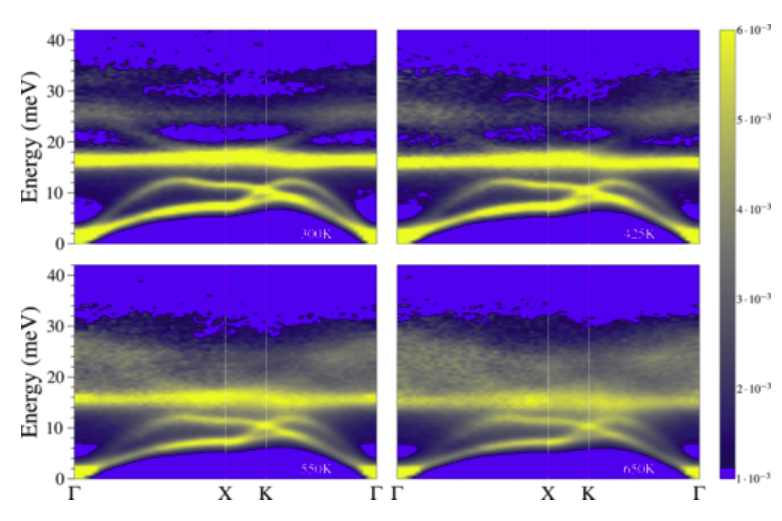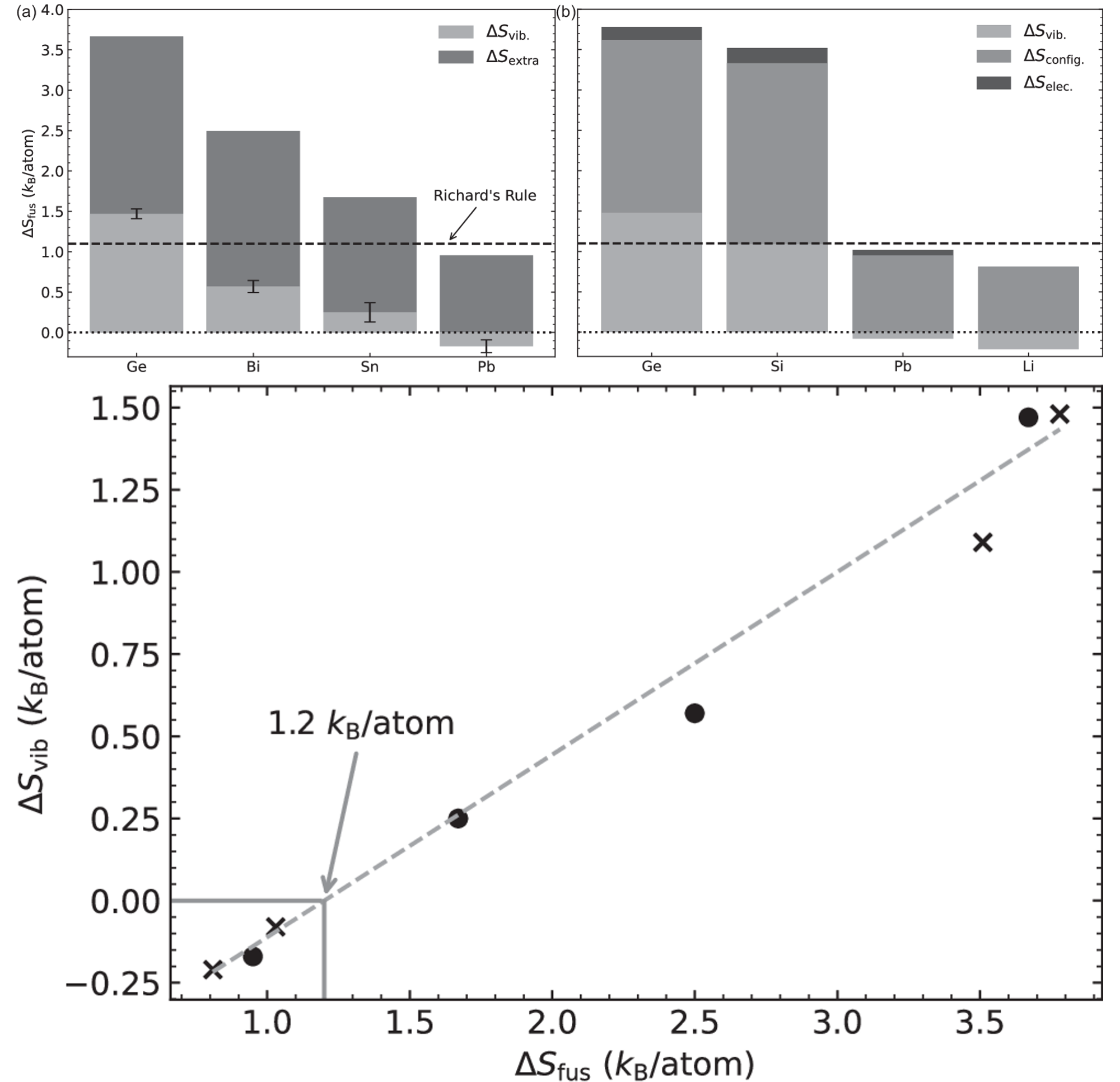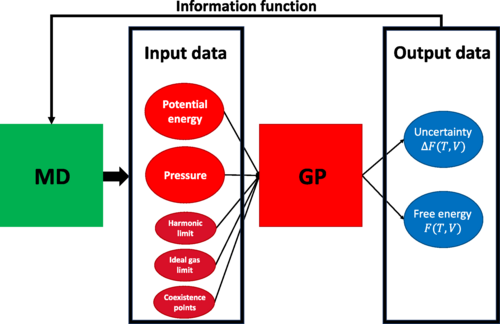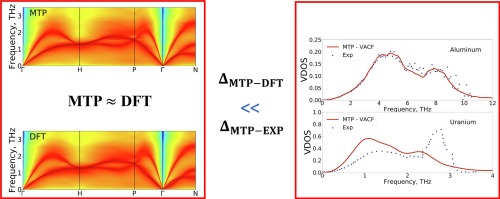Vladimir Ladygin
Computational Materials Scientist. Ph.D. Candidate at California Institute of Technology.

I’m a materials science researcher at Caltech EAS, where I study fundamental thermal properties in materials at Fultz Group. My work sits at the intersection of theory, experiment, and computation using tools and techniques, including high-performance computing, machine learning and bayesian analyses applied to construction of lattice dynamics models and analysis of inelastic neutron scattering experiments for single crystals.
I eacned my BSc from Moscow Insitute of Physics and Technology in 2018 and continued with two Master Degrees from Moscow Institute of Physics and Technology and Skolokovo Institute of Science and Technology in 2020. During that time I worked with Alexey Yanilkin on Machine Learning Interatomic Potentials Benchmarking and in Alexander Shapeev’s Group on Automatic Gaussian Process based approach to matials phase diagram construction.
During My BSs and MSc I had internships at Krasheninnikov Group at HZDR and Vartaniant Group at DESY



